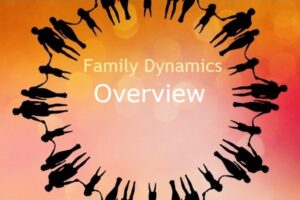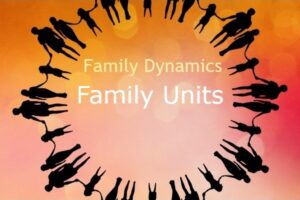Oracle card spreads are a versatile and intuitive method for gaining insights and guidance from the spiritual realm. Unlike traditional tarot spreads, oracle card spreads are often more flexible and can be tailored to suit the specific needs or questions of the reader. Here are some common types of Oracle card spreads:

- Single Card Pull: This is the simplest form of oracle card reading, where the reader pulls a single card from the deck. This method is ideal for daily guidance, answering a specific question, or gaining quick insight into a particular situation. The single card pull is often used for reflection and meditation, providing a focused message that can be easily integrated into daily life.
- Three-Card Spread: A popular and versatile spread, the three-card spread can be used in various ways. The most common interpretation is past, present, and future, where each card represents a different time frame. Alternatively, the three cards can signify the situation, the challenge, and the advice, offering a more comprehensive view of a specific issue. This spread is excellent for beginners and those looking for a straightforward yet informative reading.
- Relationship Spread: This spread is specifically designed to provide insights into relationships, whether they are romantic, familial, or platonic. Typically, a relationship spread involves multiple cards that represent different aspects of the relationship, such as the current state, the feelings of each person involved, the strengths and challenges, and the potential outcome. This spread helps in understanding dynamics, improving communication, and fostering deeper connections.
- Yearly Forecast Spread: Ideal for gaining insight into the upcoming year, this spread usually involves pulling 12 cards, one for each month. Each card offers a glimpse into what can be expected during that month, providing a roadmap for the year ahead. This spread can help with planning, setting intentions, and preparing for potential challenges and opportunities.
- Chakra Spread: Focused on the body’s energy centers, the chakra spread involves pulling a card for each of the seven main chakras. This spread helps identify imbalances or blockages in the reader’s energy field and provides guidance on how to address and heal these areas. It’s a powerful tool for those interested in personal growth, healing, and spiritual development.
Three-Card Spread Variations

Oracle readings, with many different themes, purposes, and artwork, offer a rich tapestry of symbolism and messages and have captivated the imagination of many readers. Among the various methods of reading Oracle cards, three-card spreads are particularly popular due to their simplicity and effectiveness. These spreads are versatile and can provide insightful glimpses into different aspects of life. Here are a few common types of three-card tarot spreads:
- Past, Present, Future Spread: This is perhaps the most widely recognized three-card spread. The first card represents the past, shedding light on events or influences that have shaped the current situation. The second card symbolizes the present, reflecting the current state of affairs or the immediate challenges and opportunities. The third card looks to the future, offering a glimpse of what may lie ahead based on the current trajectory. This spread is ideal for those seeking a clear narrative progression and understanding of how past experiences impact their future.
- Mind, Body, Spirit Spread: This spread focuses on holistic well-being and balance. The first card represents the mind, indicating the current state of mental clarity, thoughts, or intellectual pursuits. The second card reflects the body, giving insights into physical health, energy levels, or material concerns. The third card embodies the spirit, offering guidance on emotional well-being, intuition, or spiritual growth. This spread is useful for those looking to achieve harmony and address imbalances in their lives.
- Situation, Action, Outcome Spread: This spread is action-oriented, perfect for those seeking guidance on specific issues or decisions. The first card delineates the situation, providing context and background information. The second card suggests an action or advice on how to address the situation. The third card reveals the potential outcome if the suggested action is taken. This spread helps in making informed decisions by outlining possible consequences and providing actionable steps.
- Strength, Heart, and Challenge Spread [from Kyle Gray Angel Guide Oracle Cards]
This spread is effective for insight and what you need to know at any time and is good for specific questions.
Each of these three-card spreads offers a unique lens through which to interpret life’s complexities, making them valuable tools for personal reflection and guidance.

From a Single Card Pull to a 12 Card Spread, the different Oracle card spreads can be as simple or as complex as needed, making them a valuable tool for anyone seeking guidance and insight. Whether you’re a novice or a seasoned Oracle reader, experimenting with different spreads can enhance your intuitive abilities and provide meaningful messages from the universe.
VIEW: Oracle Card Decks
READ: Oracle Card Deck Theme and Purpose



